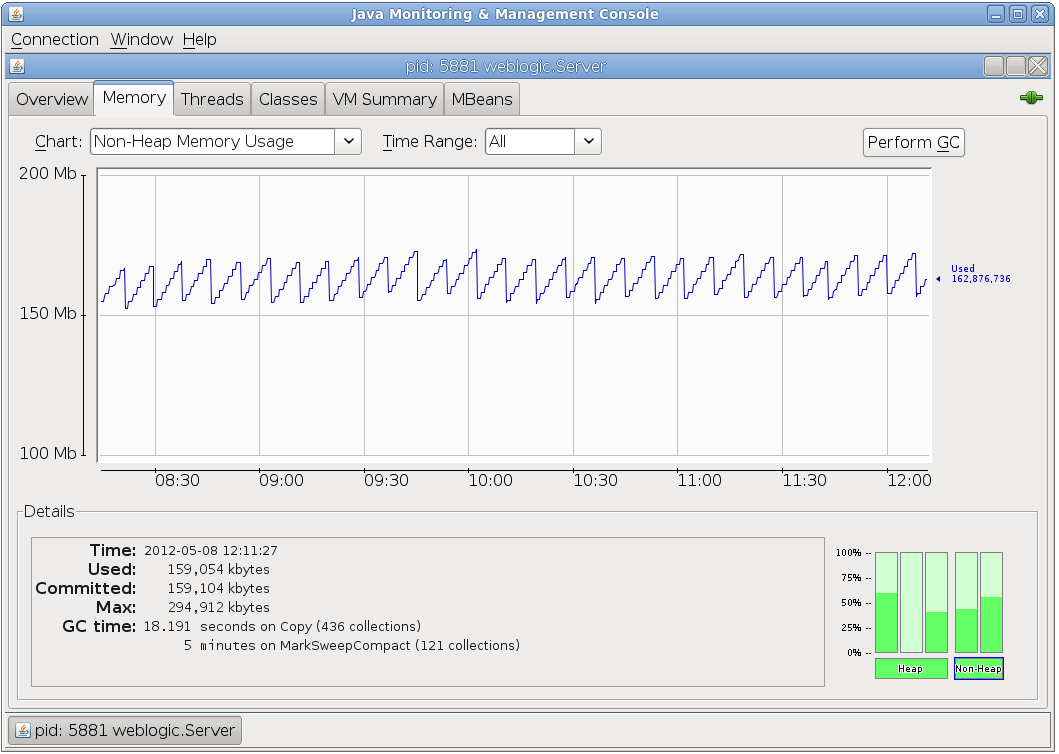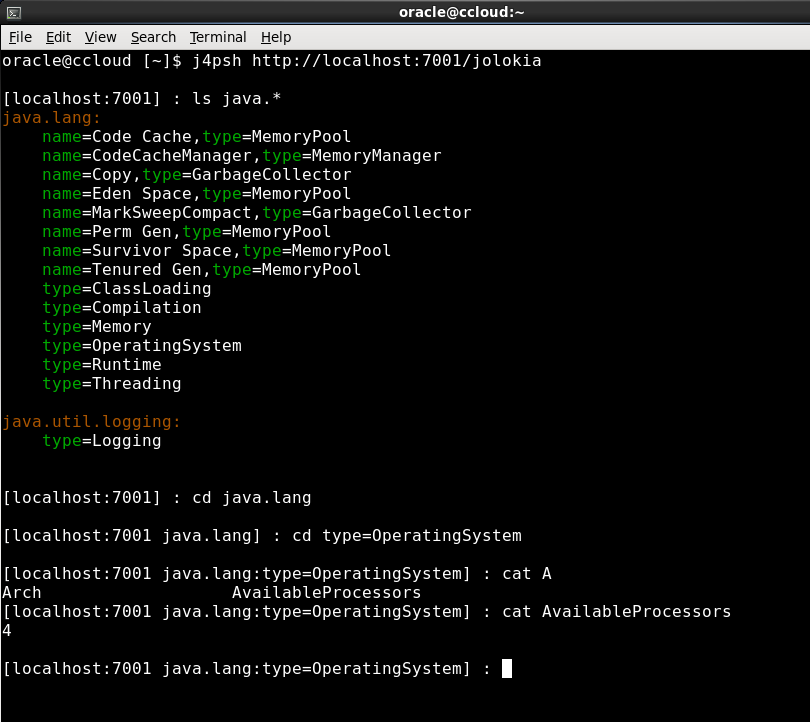Good morning. I just finished the chapter about configuration management for my new WebLogic book. Here is a very short summary of it.
There is a number of default configuration settings that I recommend to change to better keep track of configuration changes. The screencast showing you hands-on how to do this is still rendering and will be available once you are reading this (you can subscribe to all of them here).
After creating a WebLogic domain, consider the following:
1.) User personalized administration users.
2.) Audit WebLogic configuration changes (including usernames) so you will know who changed what.
3.) Enable the configuration archiving so you will be able to revert to a previous set of configuration files.
None of these settings are enabled per default. All of this you should think about for your environment.
Here is the three-part screencast how to enable it (switch to HD quality and full screen).





 Oracle WebLogic Server 12c Book
Oracle WebLogic Server 12c Book Oracle Middleware and Cloud Computing Book
Oracle Middleware and Cloud Computing Book